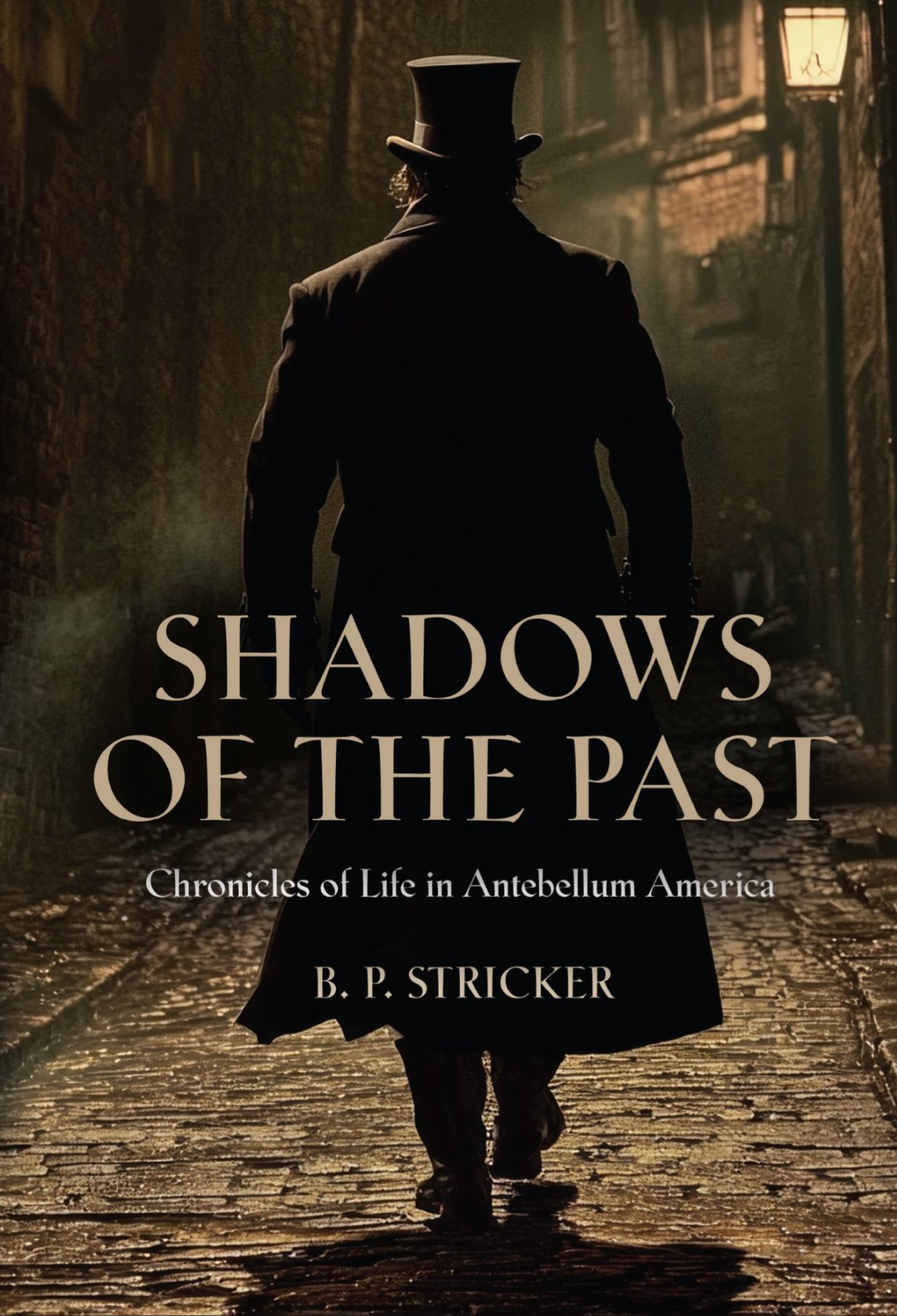
During the Antebellum Period in America, an economic shift from homespun clothing production to factory-based manufacturing motivated thousands of females to leave rural communities and seek employment as textile workers in urban factories. These ladies were known as “mill girls” and represented a significant percentage and essential component of Antebellum factory manufacturing.
On a cold December morning in 1832 in Fall River, Massachusetts, a farmer named Durfee came upon a gruesome scene as he walked his horses back to his barn after watering them at a nearby stream. Mr. Durfee discovered a nearly frozen corpse hanging by a rope wrapped around its neck and attached to the top of a tall haystack. The body was soon identified as that of a local twenty-nine-year-old “mill girl” named Sarah Cornell. Initially thought to be a suicide, the circumstances of her gruesome death were quickly reevaluated after a red bandana was discovered lying on the ground at the bottom of the haystack where her body was found. An autopsy, which determined Sarah was pregnant, along with additional evidence located in her boarding room convinced the shocked community of Fall River that Sarah had been viciously murdered. All the circumstances alluded to a well-respected and prominent community member as the primary suspect, and the community would not rest until the perpetrator was apprehended and brought to answer for Sarah’s death.
“Shadows of the Past: Chronicles of Life in Antebellum America” presents a distinct and unique approach to Antebellum history by illustrating the daily hardships and perils that nearly every citizen in the country encountered at some point in their lives. While the politicians debated longstanding issues confronting the nation, ordinary people were preoccupied with improving their lives within their communities—often against tremendous odds. They faced endless personal concerns about employment, race, gender, religion, culture, and immigration. All of these aspects of Antebellum life were being reassessed in large cities and small towns throughout the country, reflecting the complexities of the era. Spanning fifteen intriguing chapters, “Shadows of the Past” will captivate readers with often alarming stories of ordinary citizens living in extraordinary times.